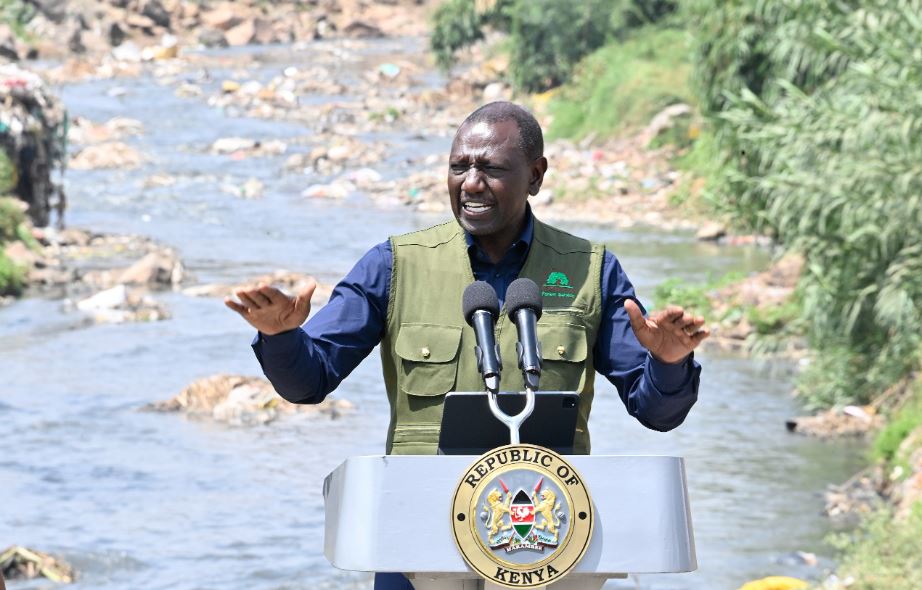 Residents living along the Nairobi River have been assured they will not face displacement as part of the city’s plan to revitalize the river and its surrounding areas.
Residents living along the Nairobi River have been assured they will not face displacement as part of the city’s plan to revitalize the river and its surrounding areas.
The Nairobi River Corridor Special Planning Area (SPA), which stretches from Naivasha Road to Ruai, is set to bring a new wave of development, with the project’s completion expected by 2027. The goal is to transform the river into a vibrant corridor while improving the quality of life for residents who have long lived beside it. Mumo Musuva, vice-chairman of the Nairobi Rivers Commission, stressed that the initiative would not involve the displacement of local residents.
“Let me be clear: this is not about demolitions or evictions,” Musuva explained. “Our focus is on urban renewal with dignity, not forced displacements.”
For many of the people living along the river, the promise of a fresh start is a welcome change. Those residing within the 30-meter riparian buffer will be offered affordable homes nearby, with priority given to them for ownership.
“They will have the first right to own these homes,” Musuva affirmed, ensuring that the community would directly benefit from the ongoing improvements.
Residents Along Nairobi River to Benefit from Urban Renewal
The project will also bring major changes to the area. In addition to housing, the Nairobi River will be expanded, and the surrounding spaces will be transformed into vibrant green areas. A 54-kilometre sewer line will be built on both sides of the river, accompanied by new markets and social housing to serve the growing population.
A 60-metre buffer zone will be established along the river, combining both the riparian corridor and an additional 30-meter development zone. This will ensure residents remain close to the river while enjoying the planned improvements.
Environment CEC Patrick Mbogo confirmed that the SPA will cover the 60-metre zone, and Musuva highlighted that the project will unfold over the next two years, following a transparent and inclusive process.
“The SPA process ensures all affected individuals are treated respectfully, and solutions are applied fairly while upholding rights to safe and sustainable living environments,” Musuva added.